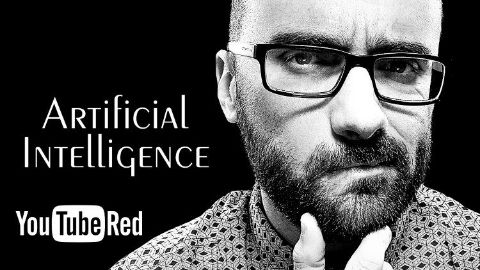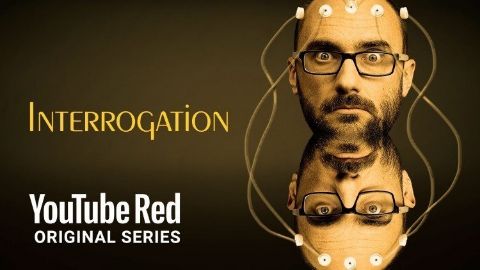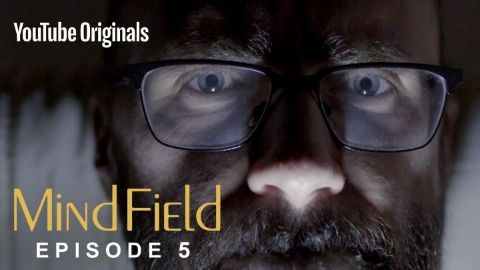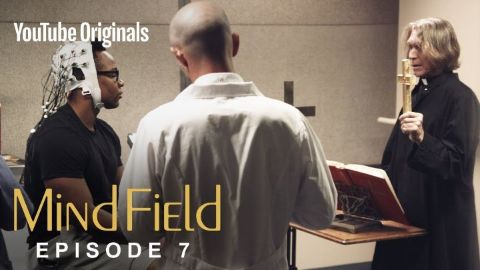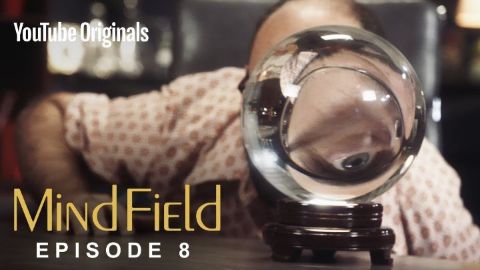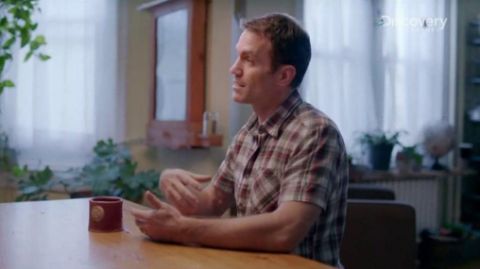Should I Die? • 2018 • episode "S3E5" • Mind Field
If I could live forever, should I? How does being reminded of our own mortality affect us psychologically? In this episode I speak with mortician and death positivity activist Caitlin Doughty and visit a cryonics facility trying to extend human life indefinitely. Will I take them up on their offer, or will I choose to die?
Make a donation
Buy a brother a hot coffee? Or a cold beer?
Hope you're finding these documentaries fascinating and eye-opening. It's just me, working hard behind the scenes to bring you this enriching content.
Running and maintaining a website like this takes time and resources. That's why I'm reaching out to you. If you appreciate what I do and would like to support my efforts, would you consider "buying me a coffee"?
Donation addresses
BTC: bc1q8ldskxh4x9qnddhcrgcun8rtvddeldm2a07r2v
ETH: 0x5CCAAA1afc5c5D814129d99277dDb5A979672116
With your donation through , you can show your appreciation and help me keep this project going. Every contribution, no matter how small, makes a significant impact. It goes directly towards covering server costs.


